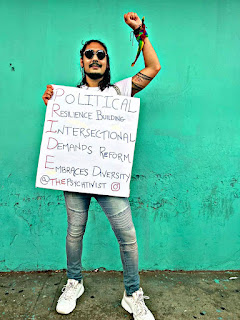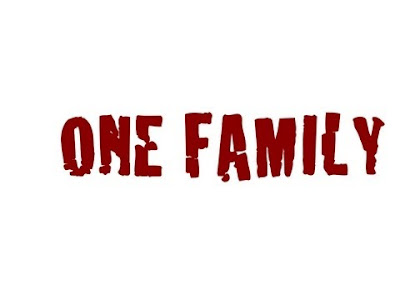What Pride Means to Me: Part 2

Despite the strike down of the buggery law in 2018 that marked a significant milestone of success for the LGBTQ+ community, I cannot help but feel disenchanted that there is still no legislation that explicitly protects against violence and discrimination based on sexual orientation and gender expression. This disenchantment framed my initial mood going into Trinidad and Tobago’s Pride parade this year. I felt that more people needed to mobilise in protest to demand reform and I had no intentions of attending the parade in celebration but rather to remind people that Pride is political. However, these sentiments changed upon the commencement of the festivities. Seeing the crowd of queerfolk and allies breathed a sense of life into me, especially after two years without any parade in light of COVID. I was quickly reminded of some important reasons for having this parade. Unfortunately, the experience of being queer and trans for many of us is framed by shame, guilt and trauma. We have ...


